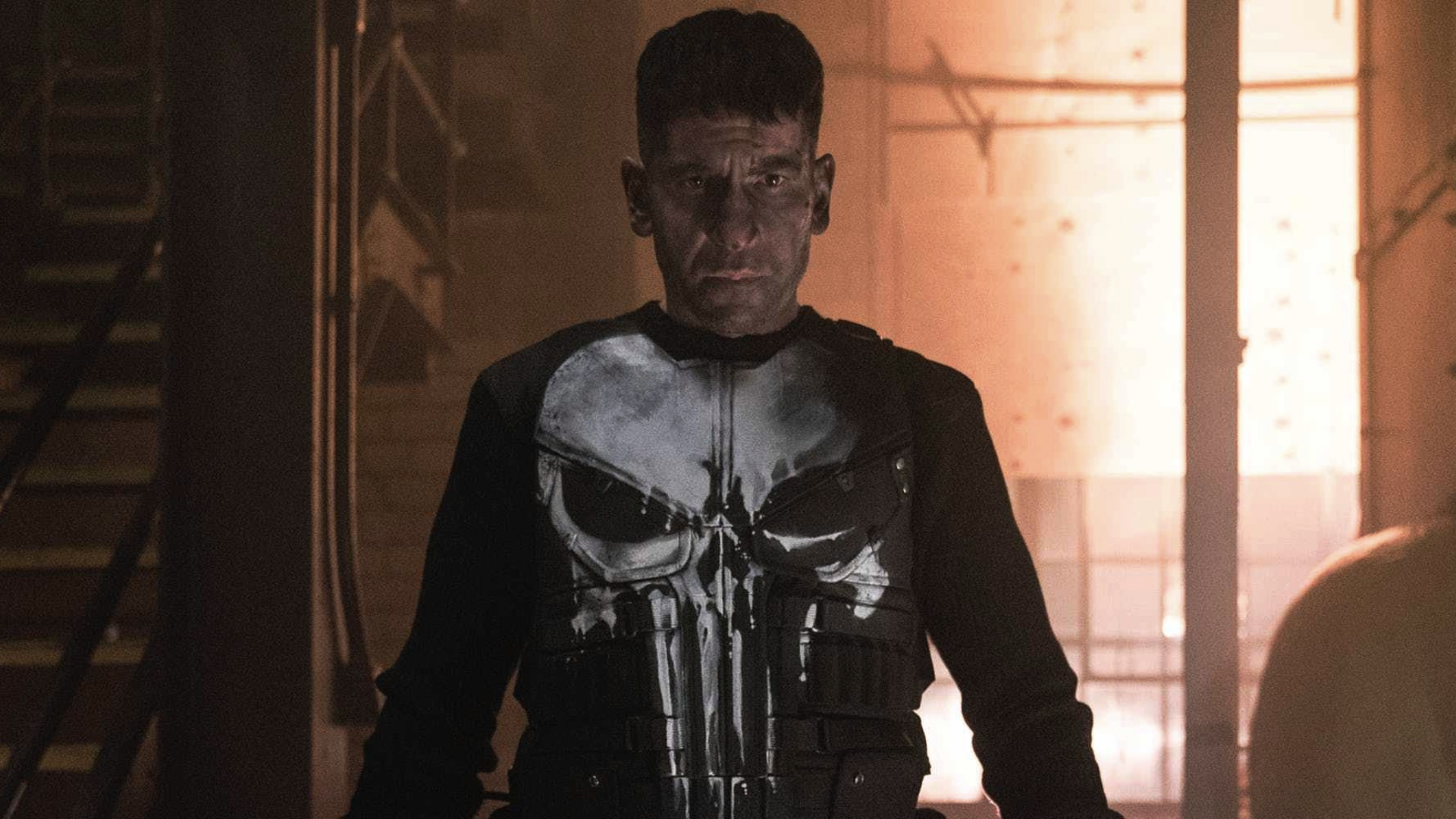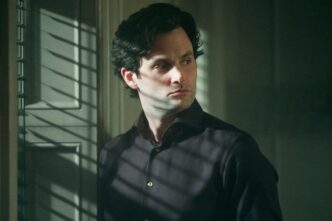The Punisher’s second season is a complicated beast. In many ways, it starts out better than the first season, but it fumbles the pacing three-fourths of the way and lands a somewhat solid ending.
It’s one of the last two remaining Marvel shows on Netflix, the other one being Jessica Jones, set to return with a third season later this year. One can’t help but feel that both are on borrowed time as well. If this was Jon Bernthal’s final outing as Frank Castle, then that’s bittersweet. His strong performance elevates the series, but there are a lot of misfires in the second season that work against him.
Going on the Run
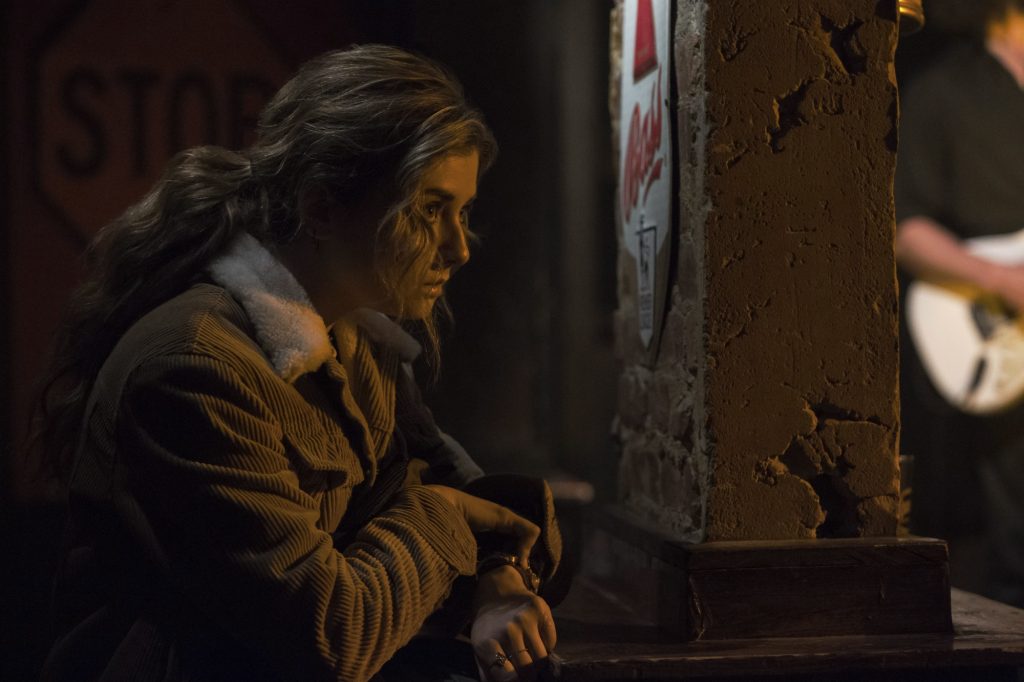
Early on in the season, Frank gets pared with an young girl hiding a mystery and pursued by assailants. She has a nice arc in the show, although there is little room for her character to go to besides a small backstory. She brings out a protectiveness in Frank that evokes his past as a father, and that makes for some good moments.
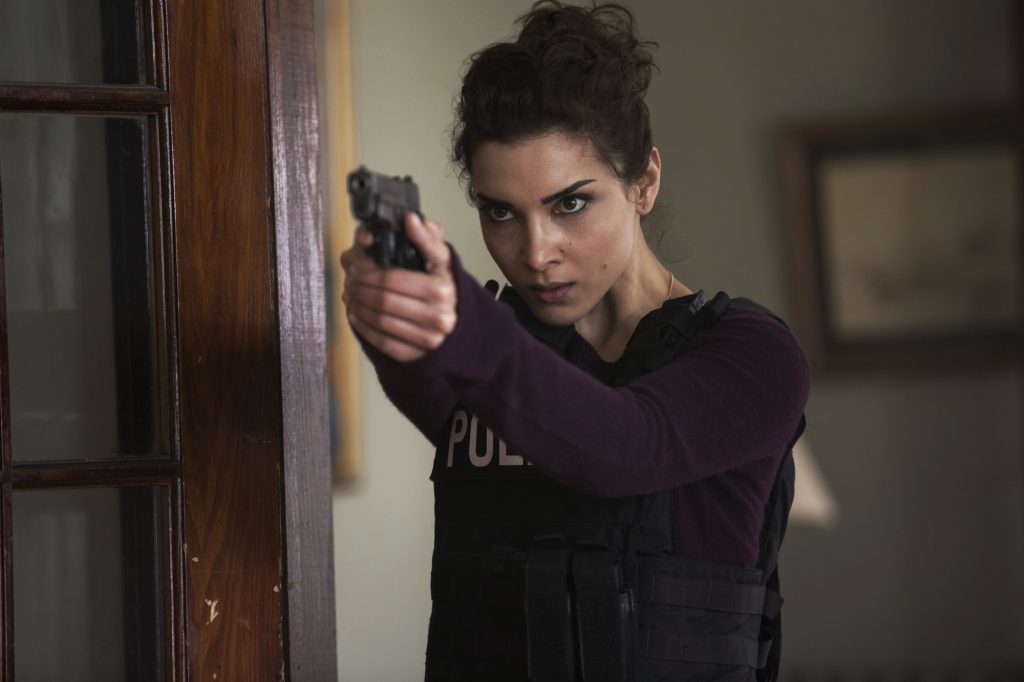
The supporting cast also includes the returning Dinah Madani, who has solid motivation to go after antagonist Billy Russo but continuously fails at her job. There’s a moment in the show where she had a tense fight with a therapist. The fact that a Homeland Security agent was straining in combat against a civilian tests one’s suspension of disbelief.
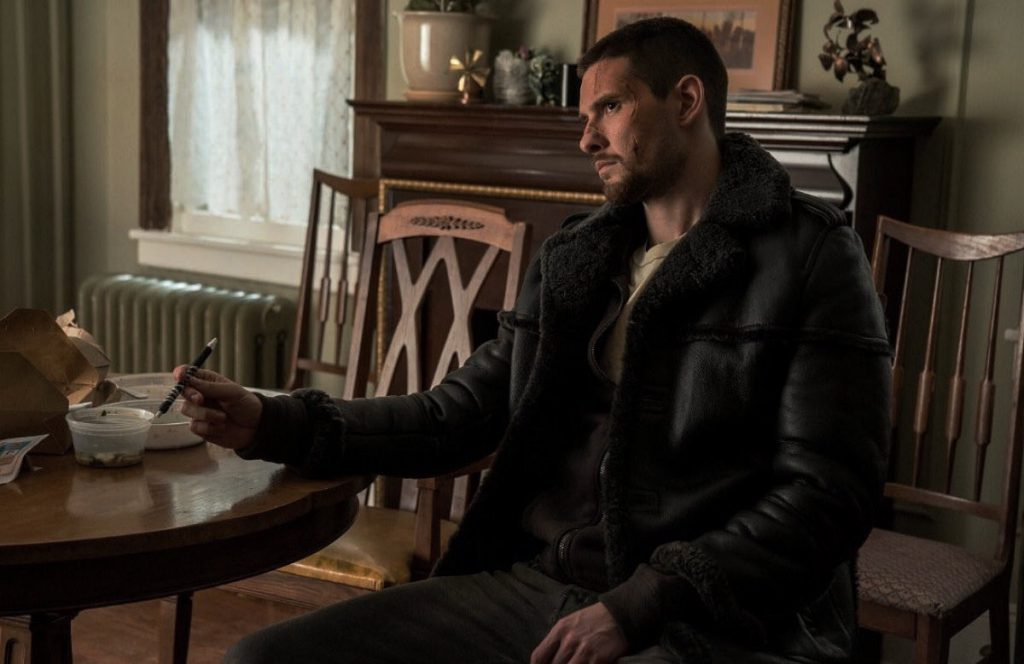
Speaking of Russo, he gets a new, interesting character arc. He has huge gaps in his memory, along with facial scars following the climactic showdown from last season. Ben Barnes does good work with the sparse material he has been given, and although he has some good scenes with his therapist, the latter character also develops in twisted, unrealistic ways that mar the narrative to an extent.
Thankfully, there is plenty of beautifully done violence.
The show kicks off with a great bar fight sequence in the first episode, and a tense standoff at a police station in a later episode is another highlight. We get to see plenty of Frank Castle doing gruesome things to bad men here, which include not only Russo’s gang of disillusioned war veterans but also more sinister thugs following a religious zealot.
What the Show Gets Right
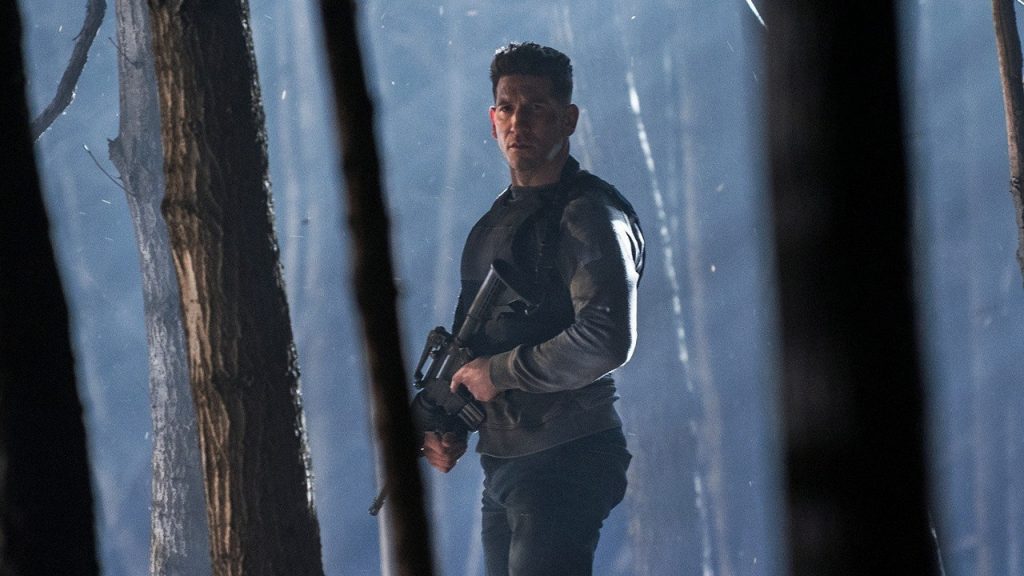
To the season’s credit, for around seven or eight episodes, the show is very lean and has a desolation to it that harkens back to classic Punisher MAX and Marvel Knights stories written by series veteran, Garth Ennis. There’s a great moment where Frank accepts that he was always a monster, even before his family was killed, and all that did was allow him to embrace this nature.
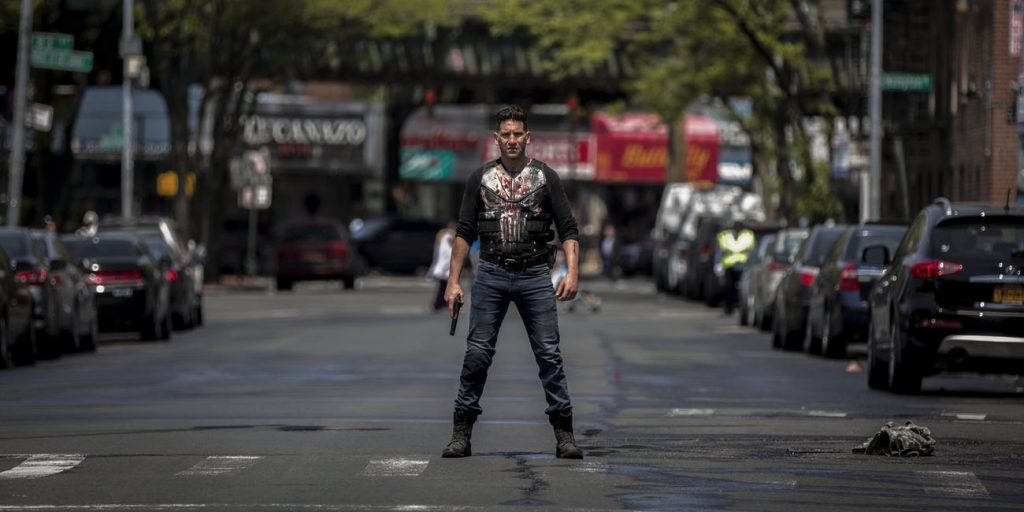
The series is now more comfortable with treading the ambiguity surrounding Frank’s antihero nature, although he is never the kind of outright monster he is in some of Ennis’ seminal stories. That is an acceptable sacrifice for an adaptation meant for the masses, and we still do get to see plenty of ultra violence from Frank.
What Doesn’t Work
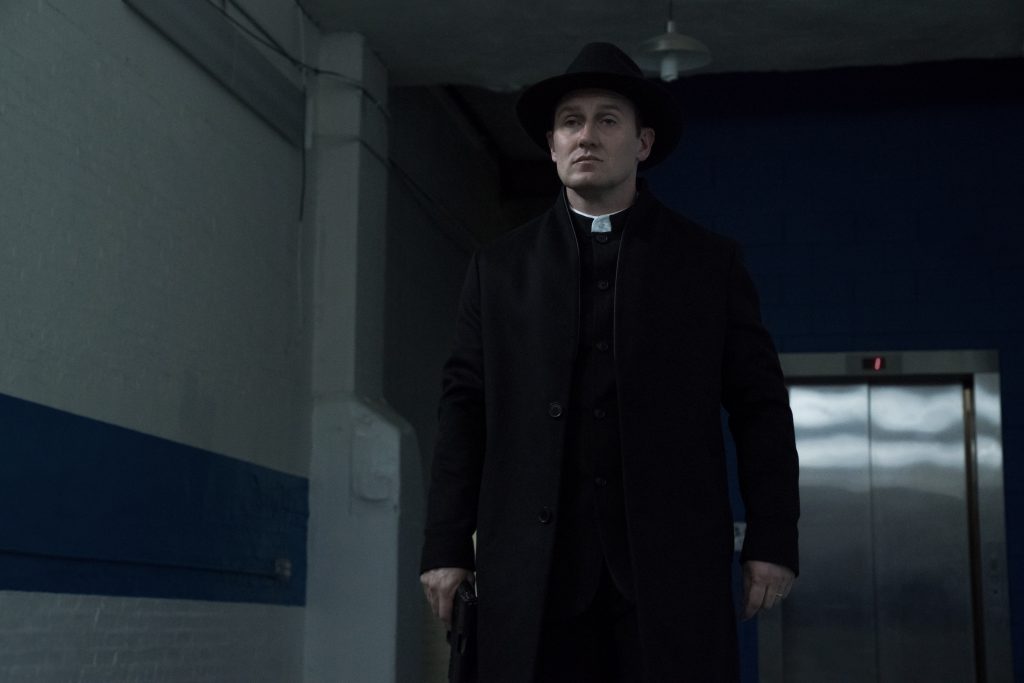
Unfortunately, the sparse nature of the plot in the second half is very noticeable and makes the season buckle under its weight. The conspiracy surrounding the secondary antagonist, a former neo Nazi turned preacher John Pilgrim, and his handlers is poorly developed. In contrast, while the first season was often unwieldy, it picked up pace after the second half and had a solid conclusion. While this season has a good conclusion as well, it’s not as well put together.
One good thing the season does is that it ends with Frank continuing to be a vigilante even without having a quest to spur him on, transitioning him into his classic role from the comics.
The Verdict
Despite its shortcomings, The Punisher’s second season does make for entertainment viewing, buoyed by Bernthal’s performance and the fight scenes. It’s an acceptable final outing for Bernthal as the Punisher, although it’s disappointing that we probably won’t see this more developed Frank Castle in future adventures where he can embrace his vigilante ways further and take it up a notch.
